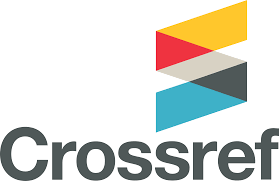Abstract
Online Product Recommendations (OPRs) are increasingly available to online customers as a value-added self-service in evaluating and choosing a product. Research has highlighted several advantages that customers can gain from using OPRs. However, the realization of these advantages depends on whether and to what extent customers embrace and fully utilise them. The relatively low OPR usage rate indicates that customers have not yet developed trust in OPRs’ performance. Past studies also have established that satisfaction is a valid measure of system performance and a consistent significant determinant of users’ continuous system usage. Therefore, this study aimed to examine the mediation effect of trusting beliefs on the relationship between expectation-confirmation and satisfaction. The proposed research model is tested using data collected via an online survey from 626 existing users of OPRs. The empirical results revealed that social psychological beliefs (perceived confirmation and trust) are significant contributors to customer satisfaction with OPRs. Additionally, trusting beliefs partially mediate the impact of perceived confirmation on customer satisfaction. Moreover, this study validates the extensions of the interpersonal trust construct to trust in OPRs and examines the nomological validity of trust in terms of competence, benevolence, and integrity. The findings provide a number of theoretical and practical implications.
Recommended Citation
Ashraft, Muhammad; Jaafart, Noor Ismawati; and Sulaiman, Ainin
(2016)
"The Mediation Effect of Trusting Beliefs on The Relationship between Expectation-Confirmation and Satisfaction with The Usage of Online Product Recommendation,"
The South East Asian Journal of Management: Vol. 10:
No.
1, Article 4.
DOI: 10.21002/seam.v10i1.7706
Available at:
https://scholarhub.ui.ac.id/seam/vol10/iss1/4
Included in
Management Information Systems Commons, Management Sciences and Quantitative Methods Commons











